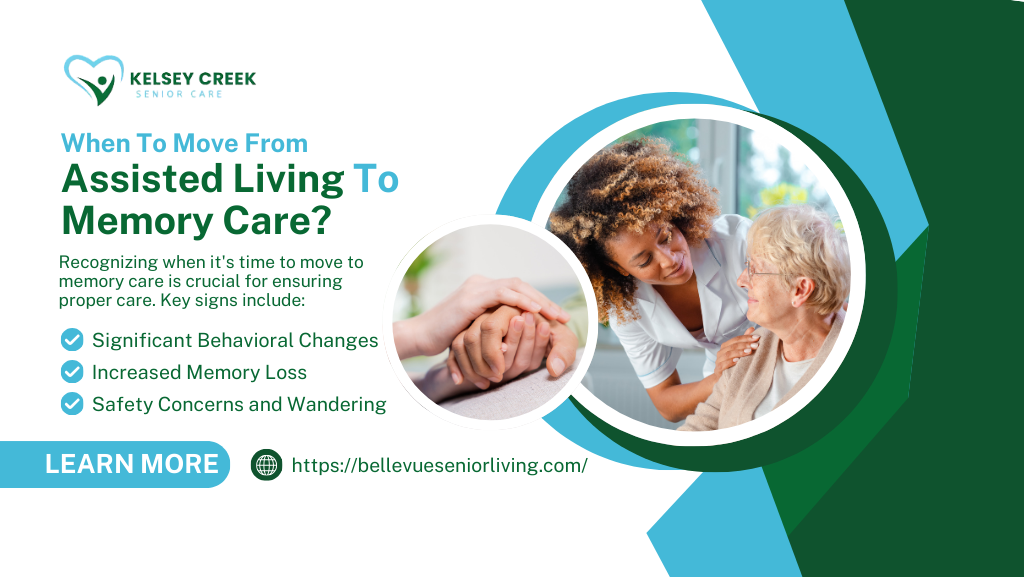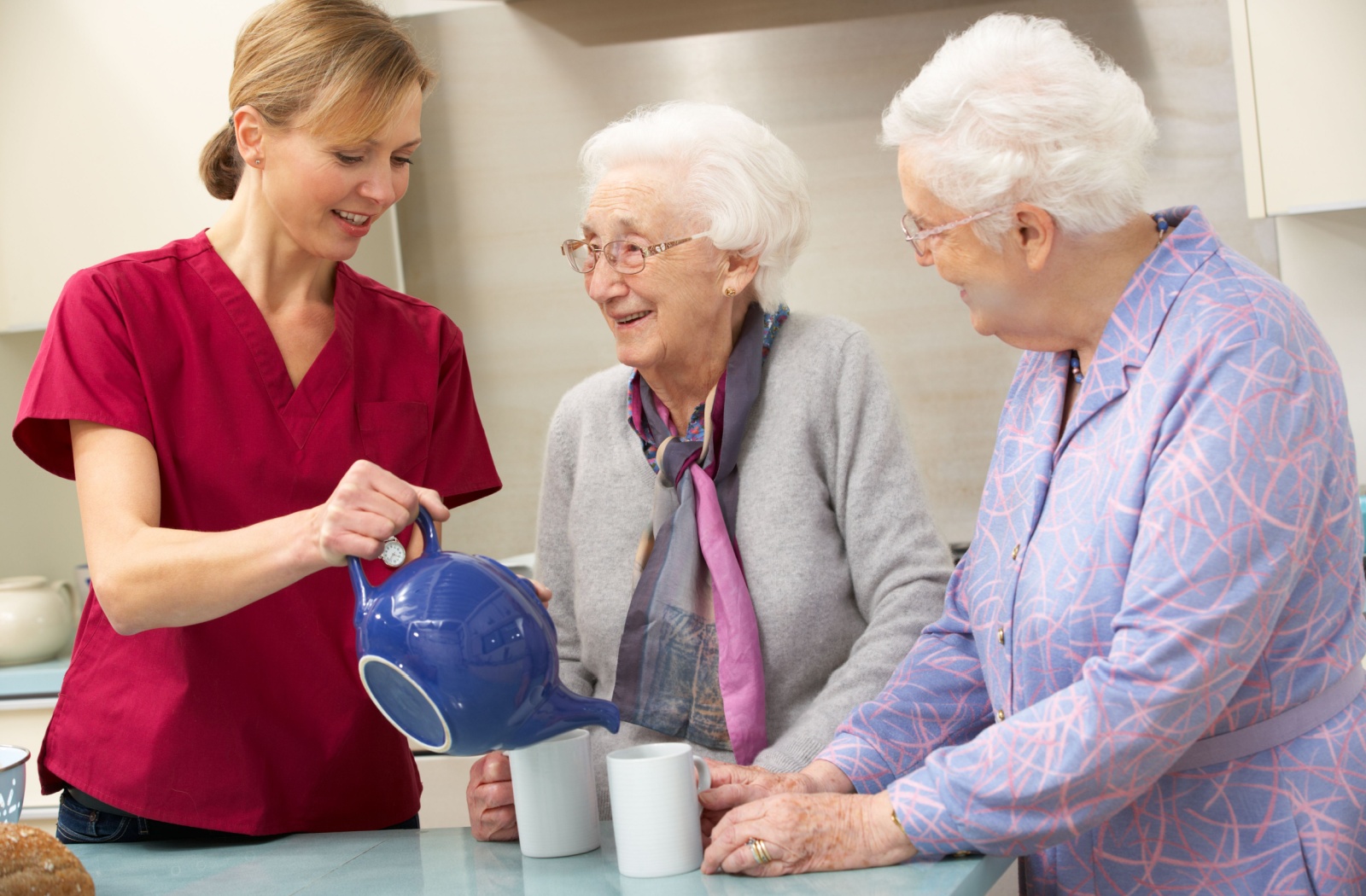Producing a Safe and Supportive Environment for Alzheimer's Treatment
The development of a safe and supportive environment for people with Alzheimer's is paramount in enhancing their lifestyle. This includes not only physical adjustments within the home, such as decreasing dangers and incorporating acquainted aspects, but additionally the implementation of organized routines and significant tasks that accommodate their cognitive needs. Comprehending the emotional and emotional dimensions of care can substantially influence their feeling of protection and link. Exploring these multifaceted techniques can reveal crucial insights into effective caregiving approaches that might change the day-to-day experiences of both patients and caregivers.
Comprehending Alzheimer's Needs
Often, people with Alzheimer's disease show a series of demands that call for tailored techniques to care. As the condition advances, cognitive decrease shows up in numerous ways, influencing memory, reasoning, and also the capacity to do everyday activities. Caretakers need to identify these advancing requirements to supply proper support and make certain a higher quality of life for those influenced.
One important facet of understanding Alzheimer's needs is acknowledging the relevance of regular and knowledge. People usually locate comfort in established patterns, which can reduce stress and anxiety and complication. Caregivers should aim to create structured day-to-day timetables that include meaningful activities lined up with the person's abilities and passions.
Furthermore, reliable interaction is paramount. Individuals with Alzheimer's might have a hard time to express themselves or comprehend intricate language. Caretakers should utilize straightforward, clear language, usage non-verbal signs, and technique energetic listening to promote understanding and connection.
Finally, social and psychological requirements can not be neglected. Providing possibilities for social interaction and maintaining partnerships can substantially improve emotional well-being. Caretakers ought to encourage involvement in community tasks or household events, advertising a sense of belonging and objective. Understanding these diverse demands is crucial for creating a helpful treatment environment.
Creating a Safe Home
Producing a secure home for individuals with Alzheimer's disease is necessary to lessening risks and advertising self-reliance. Make certain that paths are clear and well-lit, as proper illumination reduces disorientation and boosts wheelchair.
Integrating adaptive features is likewise important. Set up grab bars in shower rooms and near stairways, and consider making use of non-slip floor coverings in wet areas. In addition, using contrasting colors for walls and floorings can aid in identifying rooms, helping to alleviate confusion.
Familiarity is essential for people with Alzheimer's. Individualizing the setting with acquainted things and photos can strengthen a sense of belonging and safety and security - Alzheimers Care Charlotte. It is likewise valuable to have actually an assigned location for everyday tasks, such as reading or crafting, which can offer structure to their day
Lastly, carrying out a safe outdoor space enables risk-free expedition while attaching with nature. By thoughtfully creating the home setting, caregivers can dramatically improve the high quality of life for people dealing with Alzheimer's illness.
Enhancing Communication Skills

Non-verbal interaction, including faces, motions, and touch, plays a critical role in communicating empathy and understanding. Preserving eye get in touch with and a tranquil demeanor can improve the comfort degree of the person, promoting a sense of security.
Furthermore, it is essential to exercise active listening. This involves being completely existing, revealing patience, and enabling the person to express themselves without disruption. Repeating may be necessary; caretakers must be prepared to review concerns or topics, as individuals with Alzheimer's might battle with memory recall.
Additionally, utilizing visual help or signs, such as photographs or acquainted things, can facilitate recognition and interaction. Inevitably, enhancing communication abilities has to do with building depend on and developing an atmosphere where people feel listened to, valued, and comprehended, consequently enriching their top quality of life.
Urging Social Interaction
Fostering significant social communications can substantially improve the well-being of people with Alzheimer's disease. Involving with others not only aids combat feelings of isolation but also boosts cognitive feature and psychological wellness. Structured social tasks, such as group crafts, arts and video games, or music therapy, produce opportunities for locals to connect with peers and caregivers, which can bring about boosted mood and lowered stress and anxiety.
Developing an inviting setting that urges socializing is vital. This can be accomplished by organizing common areas that facilitate communication, such as comfortable seating locations or activity rooms. In addition, incorporating culturally pertinent and additional resources acquainted activities can spark memories and motivate engagement, allowing people with Alzheimer's to feel even more linked to their previous experiences.
In addition, caretakers must be trained to identify and advertise social involvement among residents. Easy gestures, such as launching discussion or helping with small seminar, can help individuals really feel valued and consisted of. Consistently arranged gatherings ought to be consistent yet versatile, accommodating varying levels of capacity and rate of interest. By prioritizing social interaction, we can significantly improve the lives of those coping with Alzheimer's, fostering a sense of neighborhood and belonging.
Supporting Caretaker Wellness

To support caretakers, companies need to use regular training and instructional sources to enhance their understanding of Alzheimer's illness and caregiving strategies. Providing access to respite treatment solutions enables caretakers to take required breaks, decreasing anxiety and exhaustion - Alzheimers Care Charlotte. In addition, cultivating a neighborhood with assistance groups can facilitate psychological sharing and the exchange of sensible advice amongst caretakers, producing a network of shared support
Mental wellness resources, such as counseling solutions, can additionally be essential in addressing the emotional toll caregiving can take. By focusing on caregiver well-being, we create a more lasting caregiving setting that not just profits the caretakers themselves but additionally improves the general top quality of care received by people with Alzheimer's. Eventually, supporting caregivers is a crucial component in fostering a thoughtful and effective treatment setup.
Final Thought
In verdict, the production of a safe and helpful setting for people with Alzheimer's is necessary to enhancing their top quality of life. By prioritizing safety with thoughtful layout, promoting emotional well-being with acquainted components, and promoting engagement through structured routines, caretakers can dramatically influence the total experience of those influenced by this problem. Sustaining caregiver health is important, as it ultimately adds to a more efficient and thoughtful treatment environment.
Rep may be essential; caregivers must be prepared to review inquiries or topics, as people with Alzheimer's might struggle with memory recall.
